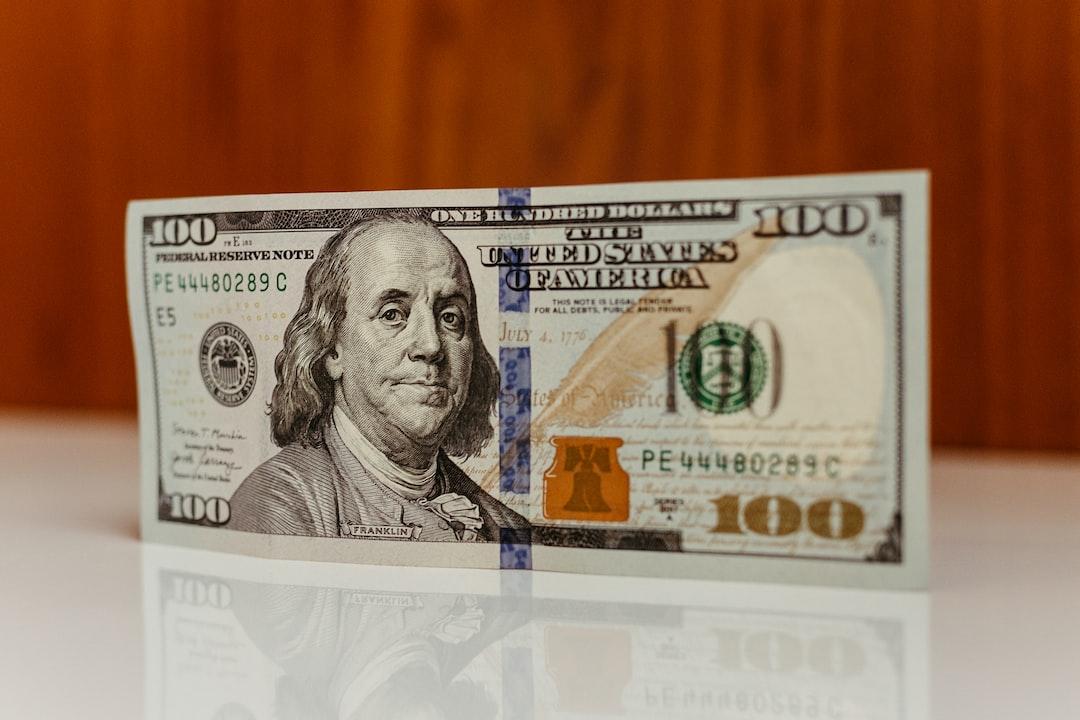The United States Patent and Trademark Office (USPTO) and the U.S. Copyright Office have conducted a thorough examination of non-fungible tokens (NFTs) and the existing laws governing intellectual property. The study, which spans 112 pages, was initiated in June 2022 at the request of former Senator Patrick Joseph Leahy of Vermont and Senator Thom Tillis of North Carolina. Its purpose was to assess whether the current laws adequately address copyright and trademark concerns related to NFTs.
The analysis involved extensive research, including three public roundtables and feedback from various stakeholders. The USPTO and the Copyright Office sought the opinions of these stakeholders to determine whether the current intellectual property laws are sufficient to address the issues arising in the rapidly evolving NFT market.
One key finding of the report is that the majority of stakeholders believe that the existing laws are adequate. Although they acknowledged instances of trademark misappropriation and infringement on NFT platforms, the consensus was that immediate legal changes were unnecessary. The report also highlighted concerns raised by stakeholders regarding NFT-specific legislation, with many arguing that such regulations could impede the technological advancement of NFTs.
However, the report did recognize concerns raised by a technology industry association regarding the misuse of trademarks by malicious actors in the NFT space. These actors often exploit consumers’ personal information. Despite these concerns, the USPTO and the Copyright Office concluded that there was no need for any modifications to the current intellectual property laws or registration practices.
The study also mentioned the regulatory ambiguity surrounding NFTs in the United States, citing the case of Impact Theory, a California-based media company. In August 2023, Impact Theory settled charges with the U.S. Securities and Exchange Commission (SEC) in a significant enforcement action related to NFTs. The SEC deemed the company’s NFT offerings as securities due to promises of investor profits, resulting in a settlement that included a $6.1 million fine and investor reimbursement.
This case highlights the difficulty of enforcing trademark registrations for physical goods against digital goods associated with NFTs. The absence of established legal precedents further complicates these enforcement efforts. Despite these challenges, notable figures like Donald Trump have successfully introduced and sold NFT collections, underscoring the widespread appeal and legal complexities of the NFT market.
Ultimately, the study suggests a cautious approach to regulating NFTs, emphasizing the importance of allowing the market to mature before considering any significant legal changes. This stance reflects the delicate balance regulators must maintain to encourage innovation while safeguarding intellectual property rights and consumer interests in the growing NFT marketplace.

